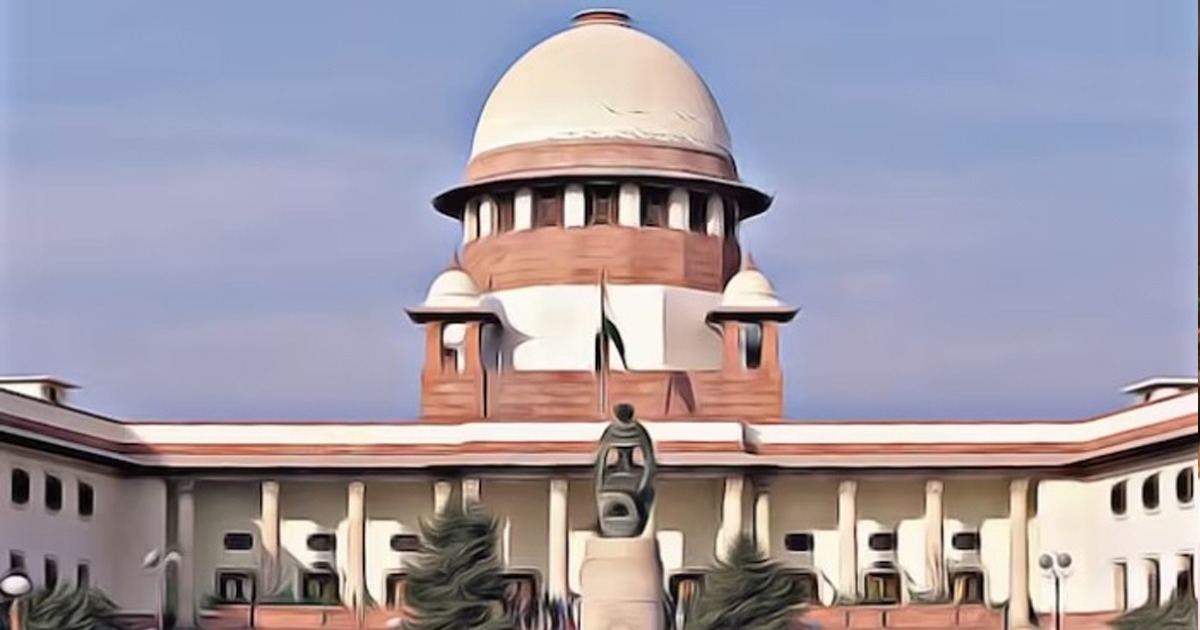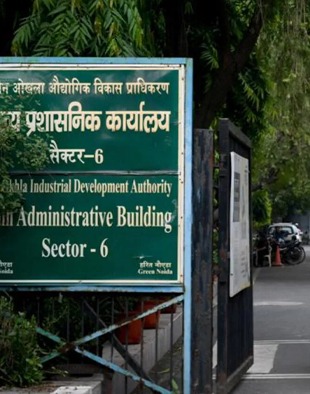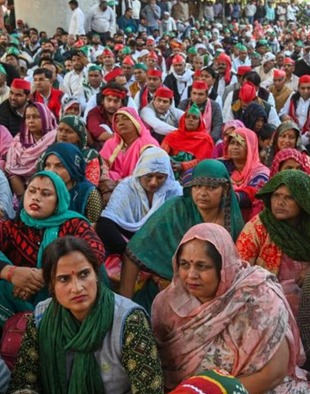The Supreme Court will decide on Hindu women's property rights
By Bricksnwall | 2024-12-11

Whether or not millions of Hindu women have the freedom to use, transfer, or sell property depends on how Section 14 is interpreted.
In a potentially historic decision that spans six decades, the Supreme Court has chosen to clarify the complex interpretations of property rights afforded to Hindu women under Section 14 of the Hindu Succession Act, 1956.
The query? whether, despite limitations imposed by
a will, a Hindu wife retains complete ownership rights to property left by her
husband.
In an effort to resolve the legal dispute, which has resulted in up to 20 rulings over the past 60 years, a bench of justices PS Narasimha and Sandeep Mehta called for a larger court on Monday.
impacts each Hindu woman's rights, those of her
wider family, and any claims or objections that may be pending review in
practically all original and appellate courts across her and appellate courts
across the length and breadth of the country," the bench said the matter.
The stakes are much higher than legal jargon. The
way Section 14 is interpreted can affect whether or not millions of Hindu women
have the freedom to utilise, transfer, or sell property without hindrance.
The current case's origins date back nearly 60
years to a 1965 will signed by a man known as Kanwar Bhan, who gave his wife
the right to own and enjoy a plot of land while she was still alive, with the
proviso that it would pass to his heirs upon her passing.
The woman claimed complete ownership of the land
and sold it years later. The sale was contested by the buyer's son and
grandson, and the case made its way through the courts, producing conflicting
decisions at every stage.
Based on a 1977 Supreme Court decision in Tulasamma
v. Sesha Reddy, which read Section 14(1) of the Hindu Succession Act liberally
to provide Hindu women complete ownership rights, the trial and appeal courts
took the wife's side.
The Punjab and Haryana high court, however,
disagreed, citing a previous Karmi v. Amru (1972) Supreme Court decision that
determined that a woman's property rights under Section 14(2) could be
restricted by the specific provisions of a will.
Judge PN Bhagwati's lament in his Tulasamma verdict was recalled by the bench of the Supreme Court as a result of this dispute. The legislative draughting of Section 14 was described by the previous judge as "a paradise for lawyers" and a source of "endless confusion for litigants."
According to the reference order, Justice Bhagwati
was correct since courts have battled with conflicting interpretations for
decades, sometimes even within the same high court.
In order to provide Hindu women complete ownership
of property they acquired "by whatever means," whether before or
after the law's passage, Section 14(1) of the Hindu Succession Act was a
positive step.
The justices noted that the rights of Hindu women
in India are in limbo due to a condition of confusion caused by conflicting
precedents, of which there are eighteen by their count following Tulasamma and
Karmi.
The Supreme Court also discussed the long-lasting
effects of earlier rulings like Gumpha v. Jaibai (1994), which upheld Karmi's
conclusion that property inherited through wills might be subject to certain
restrictions.
The 1994 ruling complicated the emancipatory goal
of Section 14(1) by holding that the statute did not intend to give Hindu women
more rights than men.
It will now be up to the broader bench to resolve these conflicting opinions and decide whether wills that place restrictions or conditions can impair Hindu women's ownership rights under Section 14(1).
Source: Hindustan Times







